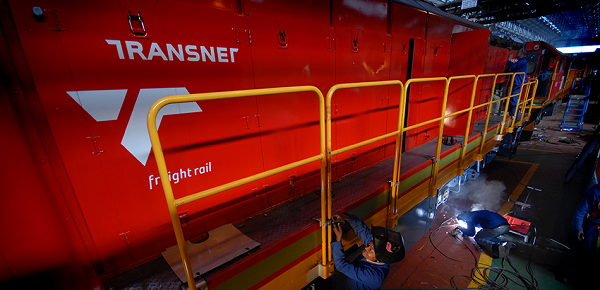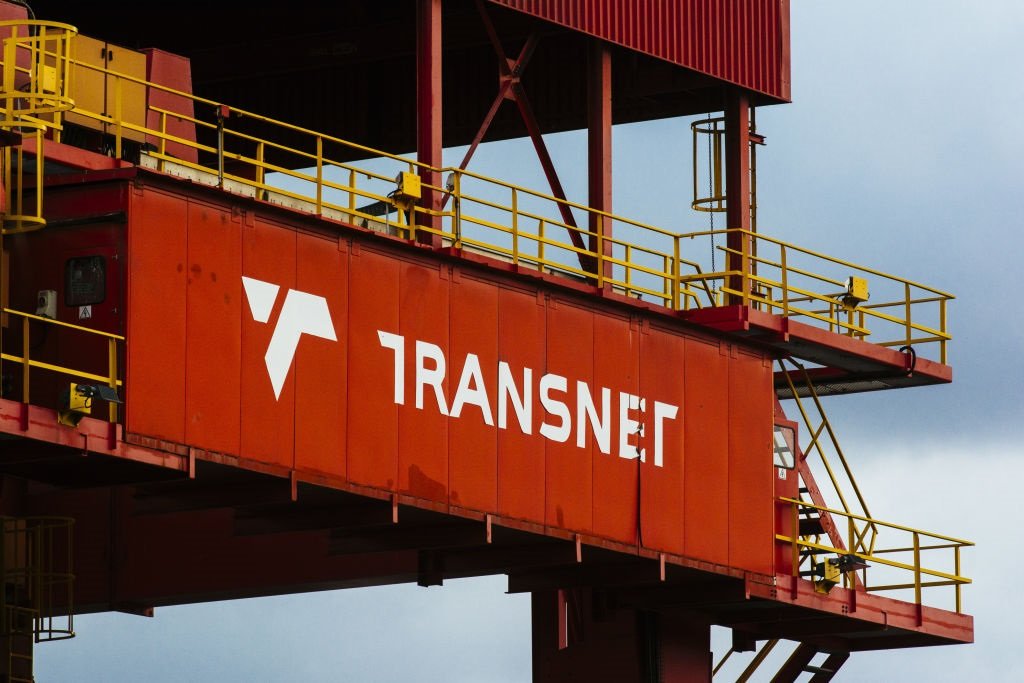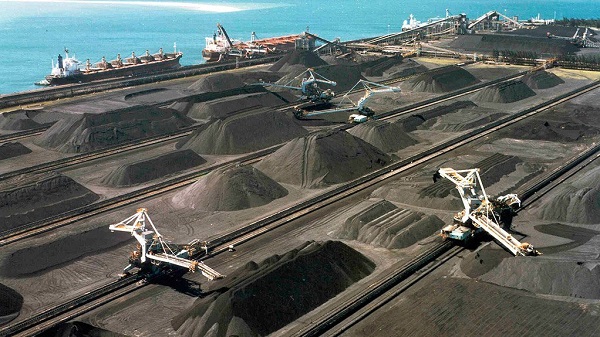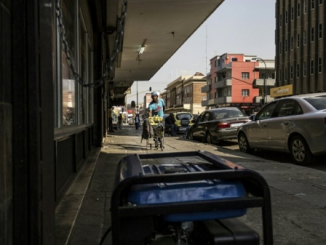

Founder: Turnaround Talk
Since the departure of former President Jacob Zuma, and the now infamous “Gupta gate”, South Africa has been on a mission to address the rampant corruption that has been left unchecked in this country for decades. This predominantly took the form of the Zondo Commission of Inquiry which was a detailed investigation into corruption. This enquiry has run its course and has made specific recommendations to Government. President Cyril Ramaphosa is adamant that Government has the political will to implement the recommendations of the enquiry. But does this will extend to other areas where it is clear corruption, or mismanagement, is pushing South Africa closer to economic ruin.
If we look past the current energy crisis, which has received plenty of attention the last month, we find that Transnet (a company that is itself on the brink of financial ruin) is applying a stranglehold on South Africa threatening our economic future.
The question is, if there is political will to implement the recommendations of the Zondo Commission, is there political will to resolve the Transnet mess?

Photo by: Getty Images
Slow poison
An article by News24 points out that there is unrest at Transnet which has resulted in strike action which began in earnest on 10 October 2022. The situation at South Africa’s key ports of Cape Town and Durban has not resulted in the complete shutdown of the terminals. However, clients have pointed out that if the situation does not resolve itself, we could see a situation where the industrial action by Transnet could cost the company billions of Rands.
The article points out that Anonymous port users were quoted in industry news site Freight News on Friday as saying that “nothing was moving” at the ports.
Transnet spokesperson Ayanda Shezi said on Monday while there were labour challenges, the ports were made up of multiple terminals with various owners.
“There are terminals that are owned by Transnet, and terminals that are owned by private sector operators. The current strike is between Transnet and its unions. This does not include private sector-run terminals.
“All private sector operated terminals in all the ports are operating at 100%. Ship movements from those is per the norm. Even the Transnet-run terminals have been handling cargo although at a reduced tempo. So, it is incorrect to say the ports have come to a standstill,” said Shezi.
Let us take a look at the numbers and the practicality of the strike. Commodities is the major exports out of South African ports and there is a significant demand for these commodities as the world plans its recovery from the Covid-19 Pandemic. However, while there is a dire need for South African commodities, this opportunity could go up in smoke.
The News24 article points out that Kumba Iron Ore warned that its production will be hit by the strike at Transnet. The company warned that disruptions would have an estimated impact of approximately 50 000 tons per day on production for the first week and approximately 90 000 tons per day thereafter.
The strike action may also be played out at the Richards Bay Coal Terminal which is the hotbed of South African coal exports. There is a significant demand for South African coal from European markets who are struggling with their own energy crises that are coming to a head with the onset of winter. The RBCT has traditionally faced bottlenecks by Transnet which has impacted business opportunities; will we now see a situation where this opportunity disappears completely?
We are well aware of the fact that labour unions hold significant sway in South African political circles; however, is there no political will to resolve these issues as a matter of importance so that South Africa is saved from economic ruin?
A rose by any other name
If one looks at Transnet, it seems as if there is a significant lack of attention being paid to the company’s dire financial position. This may have been helped by Eskom’s latest round of loadshedding; however, the time has come to restore sight to the once blinded eye.
Another News24 article points out that asked its customers to pay 30 days early and requested to postpone payment to suppliers so that the company’s cash position would look better at its half-year results, which closed at the end of September.
This is the second time Transnet has dressed up its financials in six months. In the 2021/22 financial year, in statements published at the end of July, the company revalued its property portfolio by R11 billion, which resulted in an R5 billion net profit for the year. Transnet would have made an R6 billion loss if the investment properties had not been revalued.
News24 adds that, in a letter to coal exporters, Ahmed Hansa (Head of Finance on the North Corridor) wrote: “Transnet Freight Rail would like to formally request your assistance at our financial half-year end of September 2022 by making payment of its September 2022 rail charges on or before the 30 September 2022 instead of the normal payment date of 25 October 2022. This once-off early payment will go a long way in assisting us to improve our overall working capital position at our reporting date.”
After being questioned by News24, Transnet pointed out on 6 October that the engagement with customers and suppliers regarding payments and receipts was “done in line with prudent cash flow management”.
Is this Transnet’s attempt to save the company or are they kicking the financial distress can further down the road? Significant attention needs to be given to Transnet’s financial position. Under fire Public Enterprises Minister Pravin Gordhan is a former Minister of Finance and can address this. However, is there political will?

Photo By: RBCT
What have we learned from the past two years?
South Africans have learned a lot of lessons over the past two years.
Political will only exists provided that you are within the good graces of the Zuma faction of the ANC. We all know that Ramaphosa wants to resolve the country’s energy crisis and he probably has well thought through plans to achieve this, but the roll out of these plans is being hampered by a faction of the ANC that is vehemently opposed to Ramaphosa desire to aggressively address corruption.
Can Ramaphosa summon the political will to address the rot at Transnet? Possibly. But what options does he have? He cannot declare that the company is financially distressed and place it in business rescue. Even if he could, the SAA rescue has left such a sour taste in the mouths of South African’s and SAA was not even central to our economic future. If Transnet were to face business rescue, it would need to be run a lot better than SAA. Equally, Ramaphosa is reticent to apply the same division to Transnet that is suggested at Eskom (the three-business unit separation). There is zero political will for that.
Many political commentators have said that 2022 will be the ANC’s Rubicon moment. Therefore, the question is this: is there enough political will to implement the recommendations of the Zondo Commission and economic reform on top of the political will that is needed to address the baying of the public for the ANC to ship up or ship out? Time will tell.




